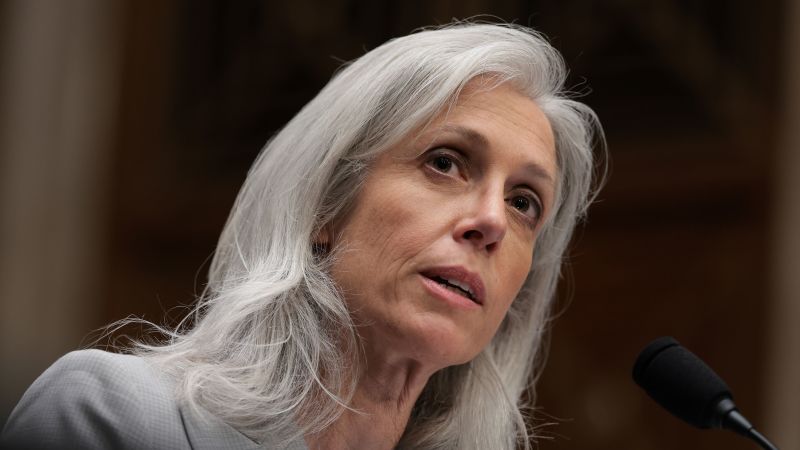
The Role of Public Health Agencies in Enhancing Public Health Outcomes
Opinion | 9/12/2025
In recent remarks on Fox News, Robert F. Kennedy Jr., a prominent figure in public health discourse, criticized the US Department of Health and Human Services (HHS), which he oversees. Kennedy characterized HHS as being in a prolonged state of decline spanning several decades. Specifically, he labeled the US Centers for Disease Control and Prevention (CDC) as a “broken agency” amid his broader assessment of public health institutions.
Kennedy’s assertion of a decline in public health agencies raises questions about the effectiveness and capacity of these critical entities. Despite his criticisms, it is important to acknowledge the significant strides made by such agencies over the years in enhancing public health outcomes. These improvements have positively impacted the well-being of individuals and communities across the nation.
One notable area of advancement attributable to public health agencies is the increased focus on preventative health measures. Initiatives promoting vaccinations, disease screenings, and health education have contributed to the mitigation of various illnesses and the overall improvement of public health indicators. The emphasis on prevention underscores the proactive approach adopted by these agencies to safeguard the well-being of the population.
Moreover, public health agencies have played a pivotal role in advancing medical research and innovation. Through funding research initiatives, conducting studies, and disseminating crucial health information, these institutions have facilitated the development of treatments, interventions, and policies aimed at addressing pressing health challenges. Their contributions have been instrumental in shaping the landscape of modern healthcare.
In light of Kennedy’s critical remarks, it is essential to recognize the multifaceted impact of public health agencies on society. While challenges and shortcomings may exist, the dedication and efforts of these institutions have undoubtedly led to tangible improvements in public health outcomes. Moving forward, a balanced perspective that acknowledges both the accomplishments and areas for enhancement within public health agencies is crucial for fostering informed discussions and driving continuous progress in the field.


